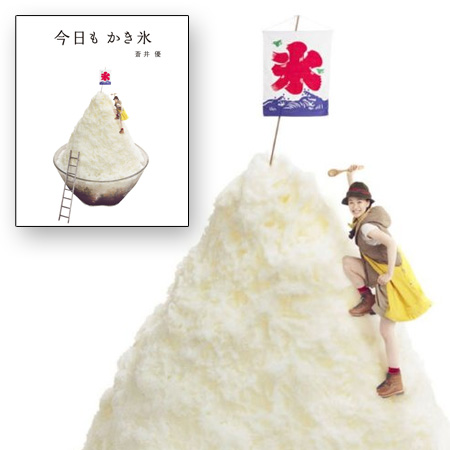Los Nosequien y los Nosecuantos (literally translated to “The Whomever and the Whichevers”), often shortened as NSQyNSC or some variation of that, are famous for… being total clowns. They’ve got their bits of ska so often populating the good stuff of Peruvian Rock, ready for parties.
I was recently updating myself with their discography and found this song called Cuando Tu me Pegas (When You Hit Me)… which talks about DV… domestic violence, or a variation of that since it’s not explicit that the couple in question lives together… in a very inappropriate funny way.
Raul Romero, in the role of the woman… mocking “delicate” tone of voice and all talks about her relationship with a man who hits her, but she loves it. It probably goes in hand with that ever popular saying of “mas te pego, mas te quiero” (the more I hit you, the more I love you) or that thing called “amor serrano”.
Of course, DV is no laughing matter… and I’m sure I’m supposed to be feeling socially conscious about the song and its context… I just can’t help finding this hilarious though. It’s not the lyrics perse, but the execution and overall feeling of the song that makes you go WHUUUUT and then laugh at it.
Audio clip: Adobe Flash Player (version 9 or above) is required to play this audio clip. Download the latest version here. You also need to have JavaScript enabled in your browser.







